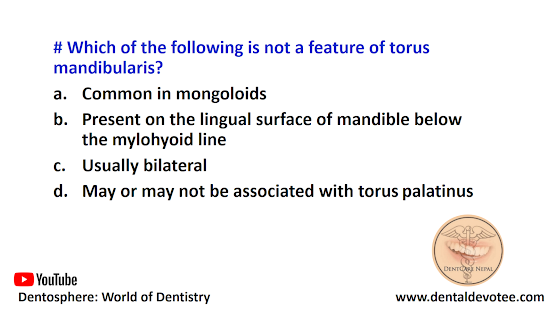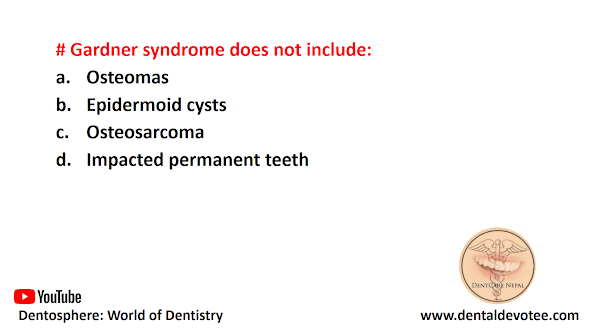# Which of the following vitamins is destroyed by heat?
A. Vitamin A
B. Vitamin D
C. Biotin
D. Thiamin
Biotin is present in many foods, including liver, grains, and eggs. It is also synthesized by intestinal bacteria. The conversion to a coenzyme simply requires that it be covalently linked to the appropriate enzymes. Biotin acts as a carrier of "activated carboxyl" groups for three key enzymes that catalyze carboxylation reactions. The enzymes and the pathways they participate in are: Pyruvate carboxylase (gluconeogenesis), acetyl-CoA carboxylase (fatty acid synthesis), and propionyl-CoA carboxylase (branched chain amino acid catabolism). Biotin deficiency is rare. Excessive consumption of raw egg impairs biotin absorption due to the presence of a biotin-binding protein, avidin, in egg whites. Antibiotics that alter the intestinal flora can also lead to biotin deficiency. Symptoms of deficiency include alopecia, skin and bowel inflammation, and muscle pain.







